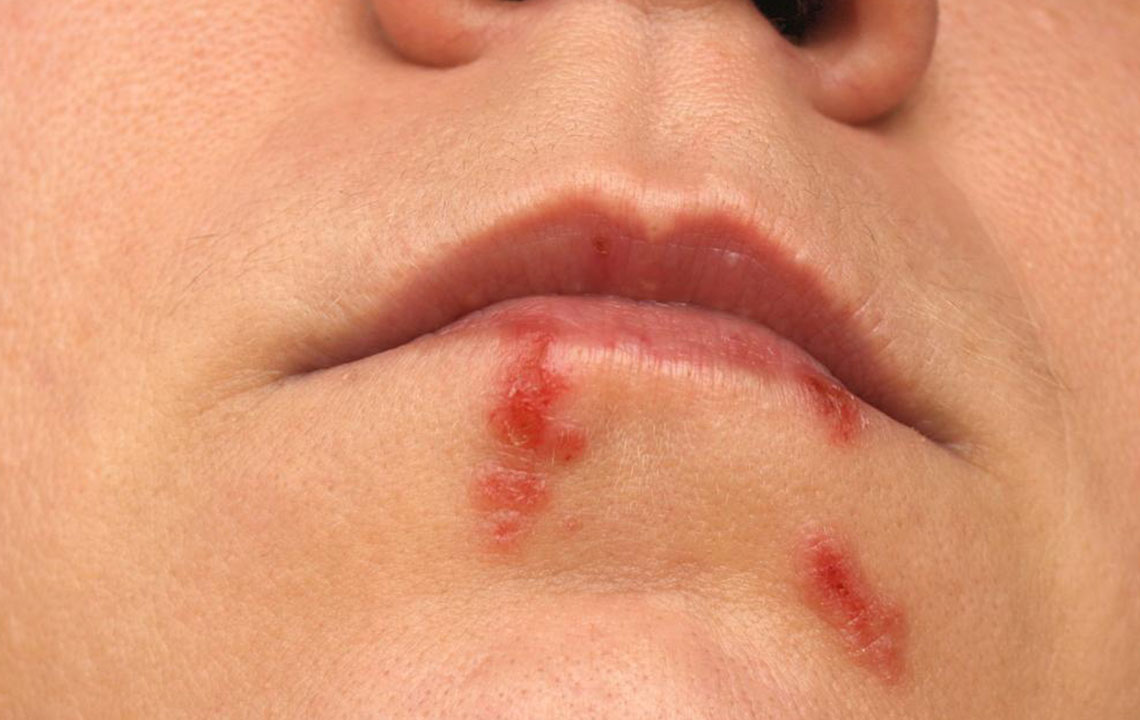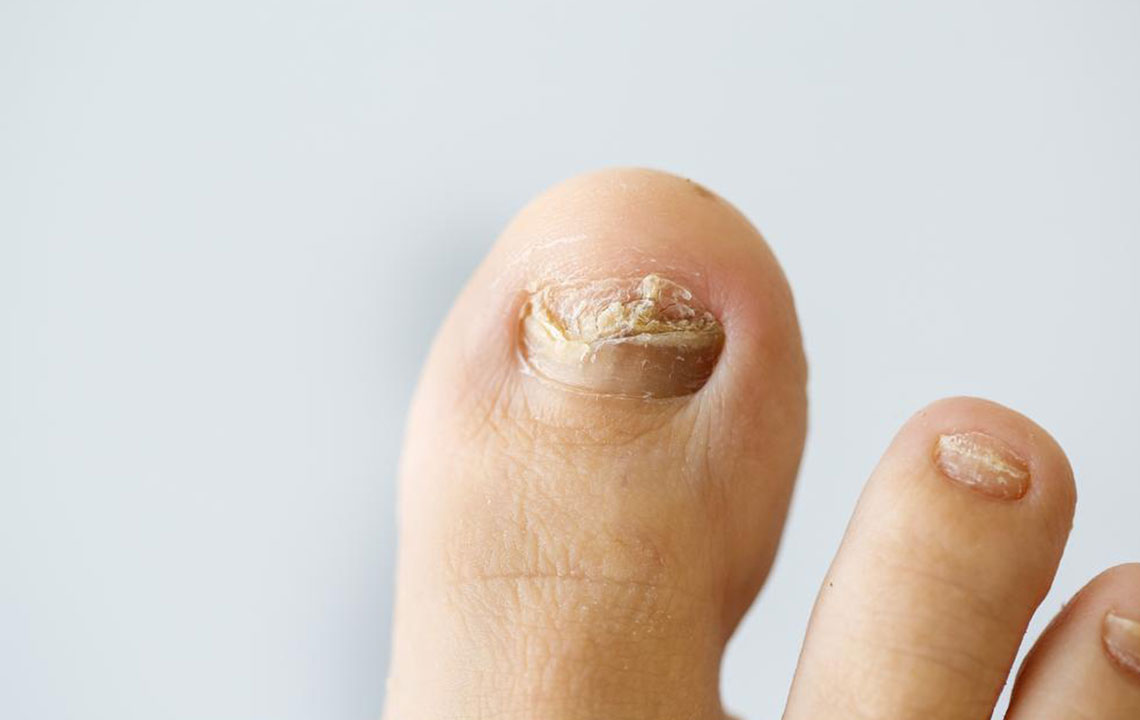Effective Strategies to Prevent Herpes Transmission
Learn essential methods to prevent the spread of herpes. From managing active sores to practicing proper hygiene, these strategies help reduce transmission risk for you and your loved ones. Protect yourself effectively with simple, proven precautions and live a healthier, safer life.
Sponsored

Herpes is a highly contagious viral infection characterized by painful sores that can take time to heal. Many individuals and couples manage to live without transmitting the virus by adopting proper precautions. Avoiding sexual activity during outbreaks and using protective measures significantly reduce the risk. Keeping your partner informed is essential to prevent unintentional transmission. Proper hygiene, avoiding touching sores, and wearing loose, breathable clothing can further minimize the chances of spreading herpes. Preventative actions are vital for maintaining health and safety for yourself and loved ones.
Handle sores carefully: Refrain from direct contact with herpes sores, especially those in genital areas, as they are highly infectious. Allow sores to heal completely before engaging in any activity that may cause exposure. Always wash hands immediately if touched and avoid touching other parts of your body.
Limit contact with vulnerable individuals: If you have herpes, minimize physical contact with children or vulnerable persons to prevent transmission.
Practice good hygiene: Maintain cleanliness, avoid excessive sweating, and wear loose, comfortable clothing to prevent irritation and spread. Always cover sores and wash hands thoroughly after touching them. Avoid saliva contact with contact lenses to prevent oral herpes from spreading to the eyes.
Individuals infected with herpes are twice as likely to contract HIV. When co-infected, there's an increased risk of transmitting both viruses to partners or children. Implementing preventive measures is crucial to protect your health and that of those around you.






